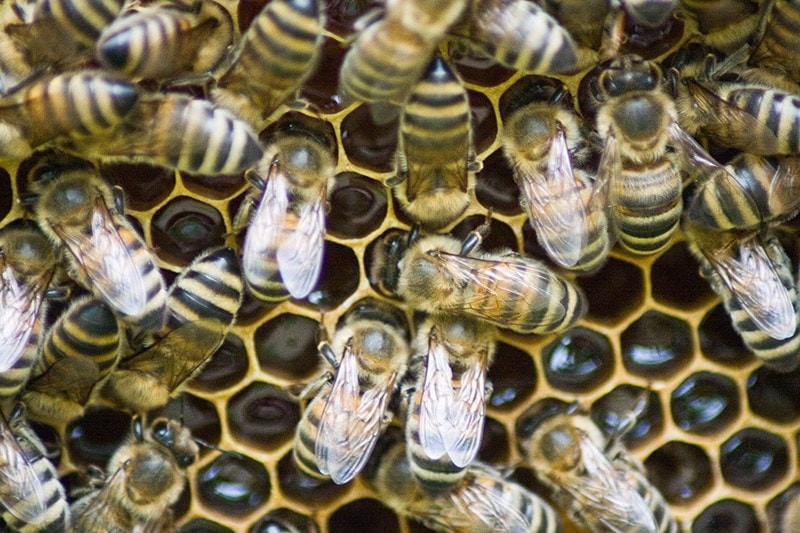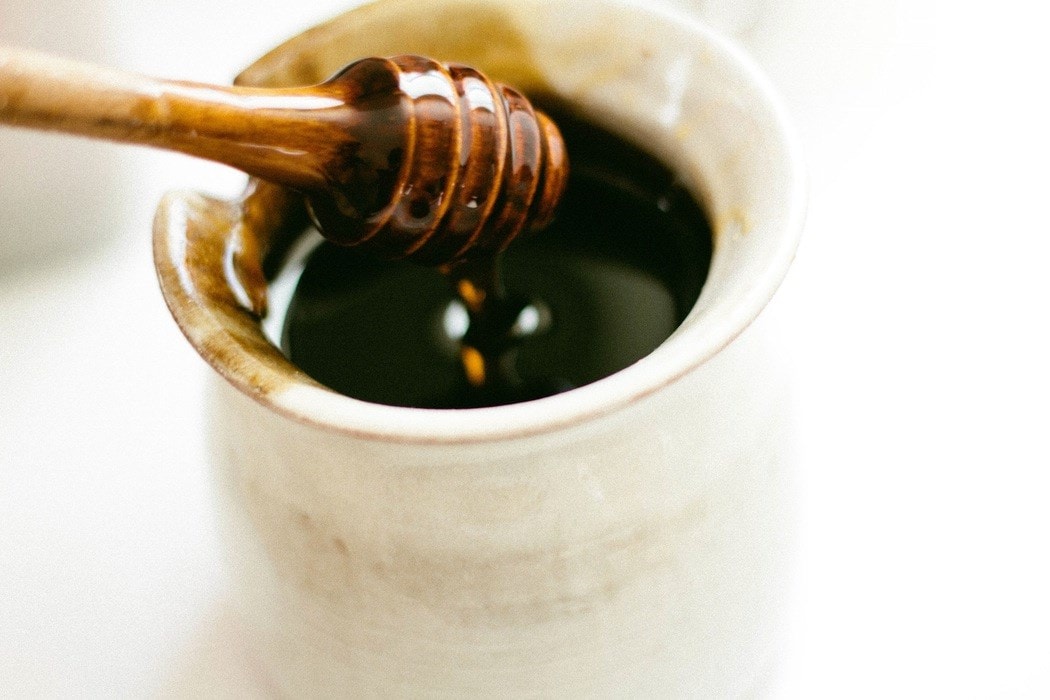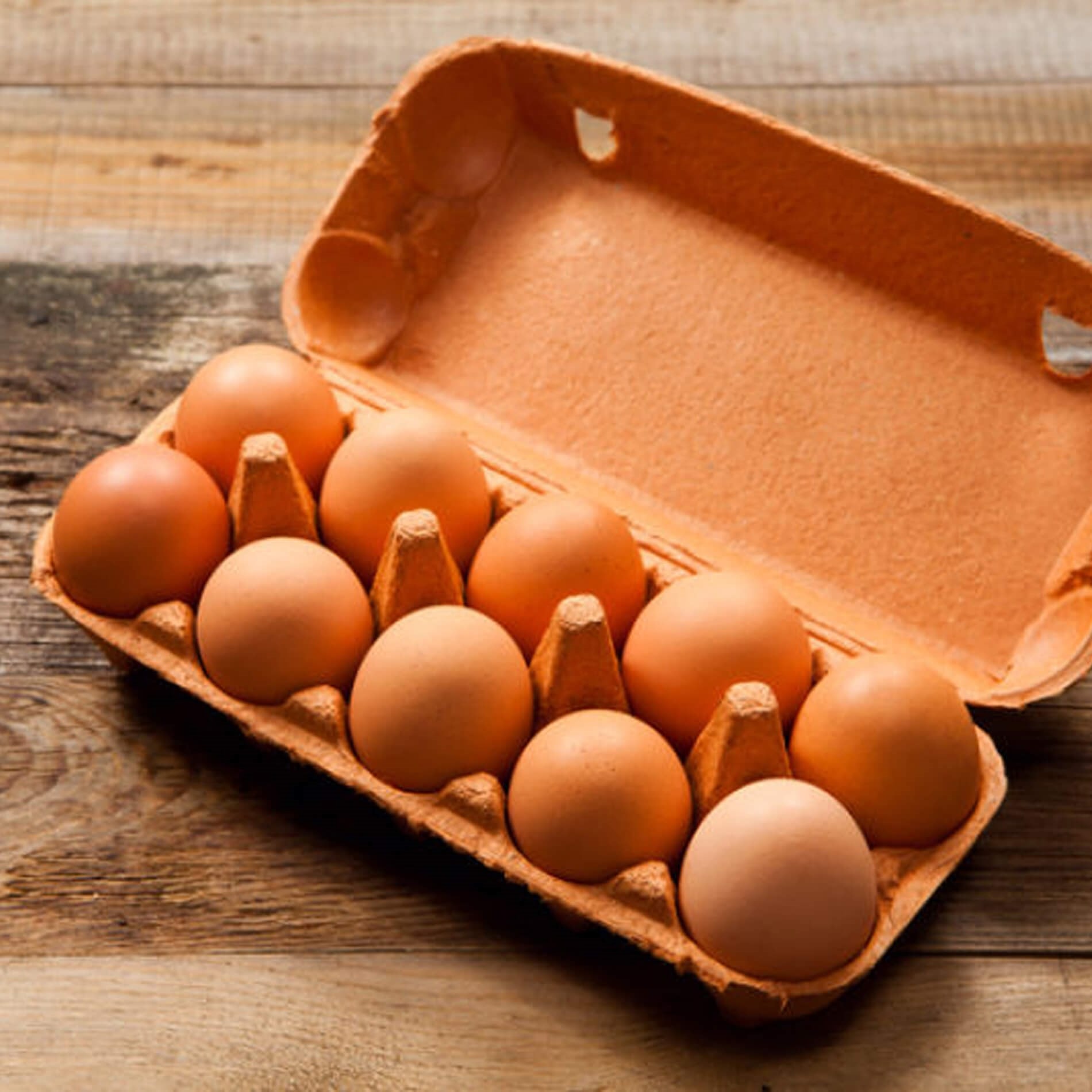Honey Bees and Probiotics: A Natural Connection
Honey bees play a vital role in our ecosystem, from pollinating plants to producing honey. Now, emerging research has uncovered another fascinating aspect of their biology—honey bees consume probiotics. A study published in Applied and Environmental Microbiology has found that beehives are home to a diverse array of microbes, including many lactic acid bacteria such as Lactobacillaceae and Fructobacillus1. These bacteria are thought to be essential for honey bee health, particularly in aiding digestion.

The role of probiotics in honey bee health
The presence of beneficial bacteria in the hive is crucial for maintaining a healthy honey bee colony. Lactobacillaceae and Fructobacillus help bees break down their plant-based diet, supporting digestion and nutrient absorption. These probiotic bacteria can be found in various parts of the hive, including brood cells—where larvae develop—as well as in bee bread and nectar.
Interestingly, the study also examined the antibiotic sensitivity of Fructobacillus and found that tetracycline, a commonly used antibiotic in beekeeping, has a particularly harmful effect on this species. Given the essential role of Fructobacillus in honey bee health, this discovery may lead to a reassessment of antibiotic use in beekeeping practices.
What are the health benefits of honey?
Beyond their role in pollination and probiotic consumption, honey bees also produce honey - a natural product with a range of health benefits.

- Antibacterial Properties: Honey has long been recognized for its antibacterial properties, making it a popular natural remedy for soothing sore throats, particularly when combined with lemon.
- Potential Allergy Relief: Locally produced honey is sometimes recommended to help alleviate hay fever. The theory suggests that exposure to small amounts of local pollen through honey consumption may help the immune system become more tolerant over time.
- A Natural Cough Remedy: The World Health Organization (WHO) classifies honey as a demulcent - a substance that soothes irritation in the mouth and throat by forming a protective layer. This has led to honey being widely used as a natural cough remedy.
The remarkable honey bee
The honey bee is an essential part of our environment, not only contributing to biodiversity but also demonstrating a fascinating natural use of probiotics. By feeding probiotics to their young, honey bees help develop their gut microbiota, ensuring they can properly digest their food. At the same time, they provide us with honey—a product with valuable health benefits.
This research underscores the intricate relationship between bees, probiotics, and ecosystem health, highlighting yet another reason to appreciate these incredible pollinators.
You may also be interested in reading:
Could probiotics help alleviate hay fever?
Gut health - all you need to know
Reference
- Rokop, Z. P. et al (2015) Interactions between co-occurring lactic acid bacteria in the honey bee hive. Applied and Environmental Microbiology. Published online ahead of print.
Popular Articles
View all General Health articles-
General Health08 Nov 2023
-
General Health10 Mar 2025

